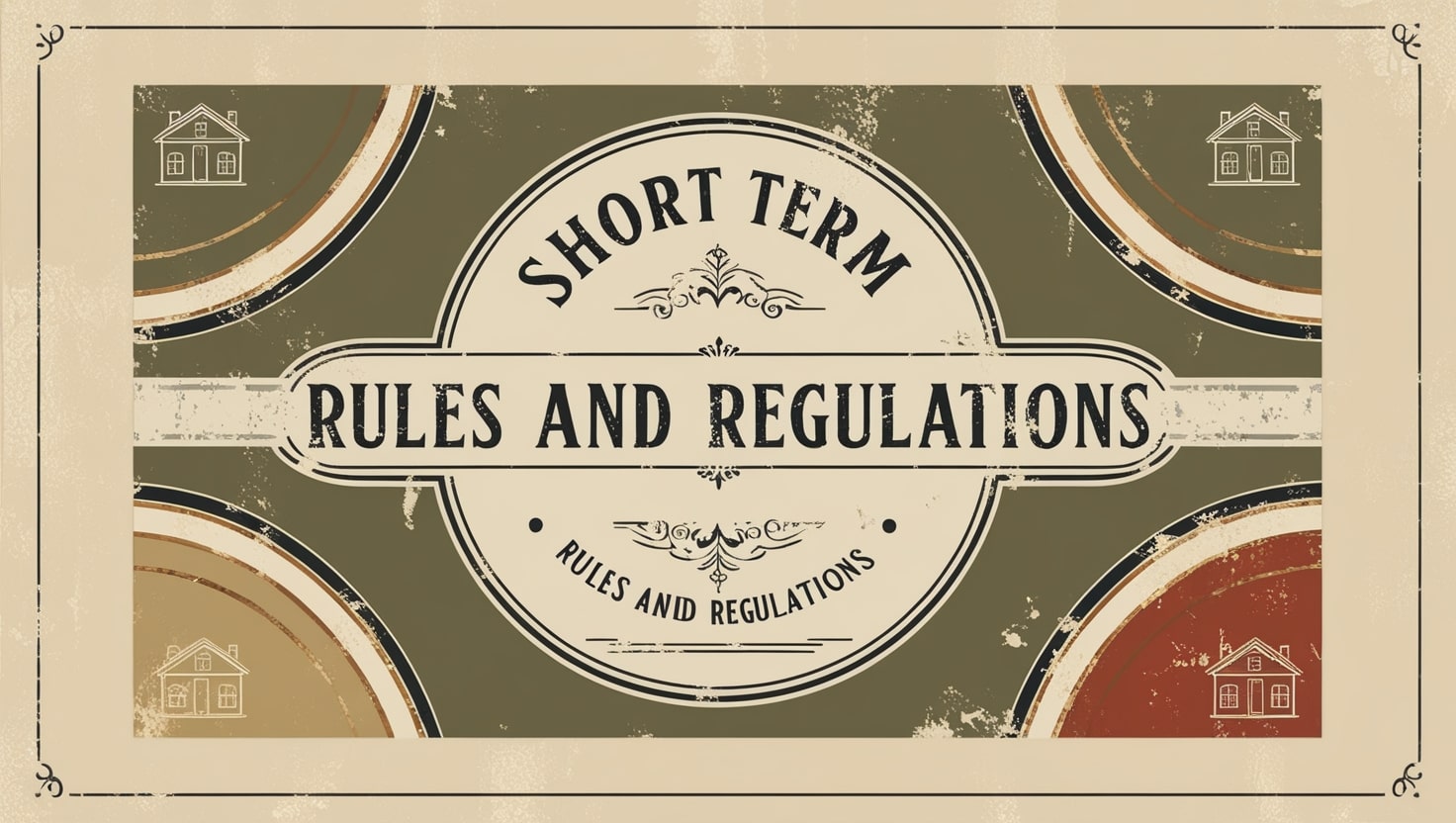Ibiza, Spain Airbnb Rules & Regulations
Last updated on: 4th July, 2025


Last updated on: 4th July, 2025

Ibiza, a popular destination for its nightlife and natural beauty, has implemented strict regulations on short-term rentals, particularly affecting platforms like Airbnb and VRBO. These regulations aim to balance tourism with housing availability for local residents, addressing concerns over rising rental prices and increasing tourism pressures.
To legally rent a property short-term in Ibiza, owners must obtain a tourism license from the local authorities. The licensing process enforces standards and ensures compliance with local housing laws. Here are the two primary types of licenses:
Vivienda Vacacional (Holiday Home License): This is for entire homes or villas. While generally easier to obtain, there is a cap on how many of these licenses are issued annually.
Estancia Turística en Viviendas (Tourist Stay in Homes License): This is for renting individual apartments or rooms within multi-unit buildings. This license is harder to secure, requiring approval from the apartment community.
To qualify for either license, properties must be: - At least five years old and previously used as a private residence. - Located within designated tourist zones. - Equipped with a valid certificate of occupancy and an energy efficiency certificate.
The application process includes submitting necessary documentation such as property ownership proof, floor plans, photographs, and insurance documentation. Following submission and payment of fees, a preliminary license number is issued; however, the property will undergo an inspection later.
In 2022, a significant four-year moratorium was placed on issuing new tourism licenses due to concerns over the housing market, limiting any new permits until at least 2026. Existing license holders can continue operations without disruption.
Non-compliance with these regulations can result in severe penalties, including fines ranging from €20,000 for individuals up to €400,000 for companies. Additionally, platforms like Airbnb are prohibited from listing properties without a valid tourism license.
Operators must also comply with tax regulations, including: - A 4% Value Added Tax (IVA) at the state level. - A regional Eco Tax of 2%. - A local Ecotasa (also 2%).
Hosts must register with the Spanish Tax Agency to handle IVA, collect the Eco Tax from guests, and file quarterly tax returns to avoid legal repercussions.
Enforcement of these regulations is strict in Ibiza. Hosts report significant government action against unlicensed rentals, highlighting the importance of compliance with all local laws to avoid substantial fines and potential business shutdowns.
Reactions among hosts regarding these regulations vary. Many express frustration with the complex licensing process and perceived restrictions, while others acknowledge the necessity of regulations to maintain community integrity and housing availability.
In summary, while operating an Airbnb in Ibiza can offer lucrative opportunities, it requires navigating a complex regulatory framework and adhering to strict compliance requirements. Prospective hosts should thoroughly familiarize themselves with local laws, keep abreast of any regulatory changes, and consider consulting with professionals to ensure successful property management in Ibiza.